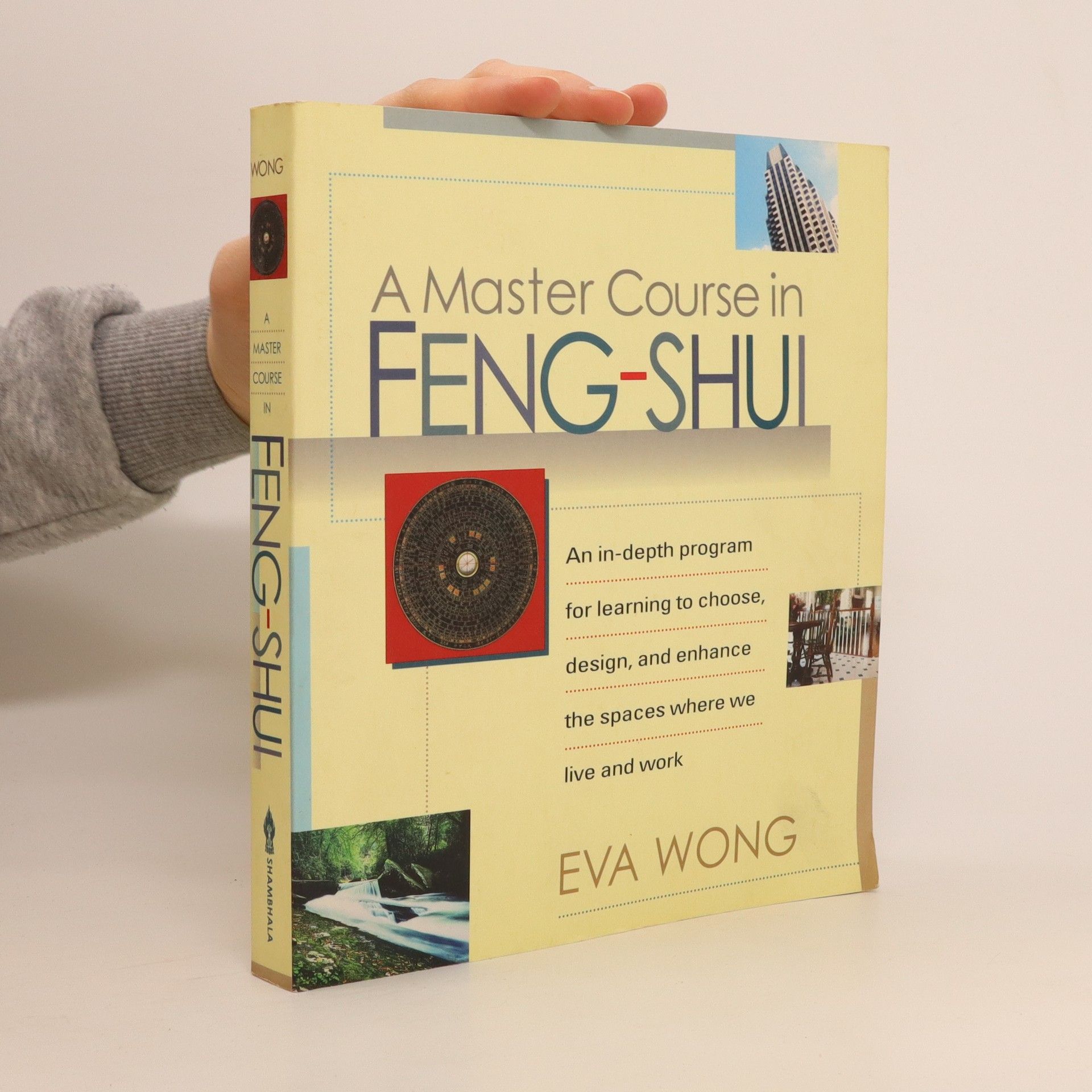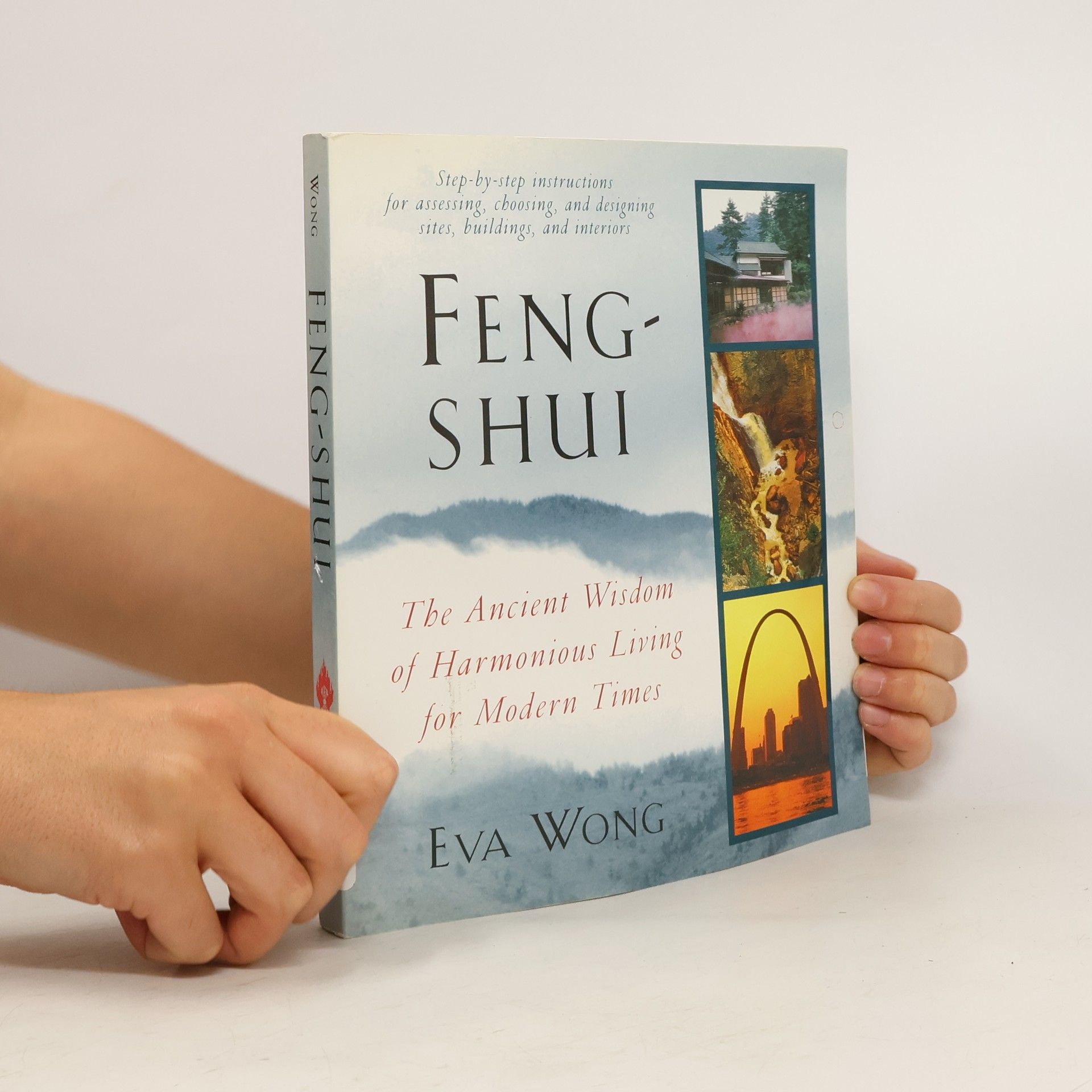Eva Wong Libros
Eva Wong Nava vive entre dos mundos, encontrando placer en conectar Asia con Europa y América. Deleita a sus hijas inglesas con historias de su infancia en Singapur y mitos chinos, entrelazando experiencias personales como ver la ópera china con su madre. Su formación en literatura inglesa y arte ha moldeado su enfoque hacia la escritura, la cual concibe como una herramienta para la comunicación y el juego. Como fundadora de la revista de ficción breve CarpeArte, su propia prosa concisa y sus escritos sobre arte han aparecido en publicaciones internacionales.

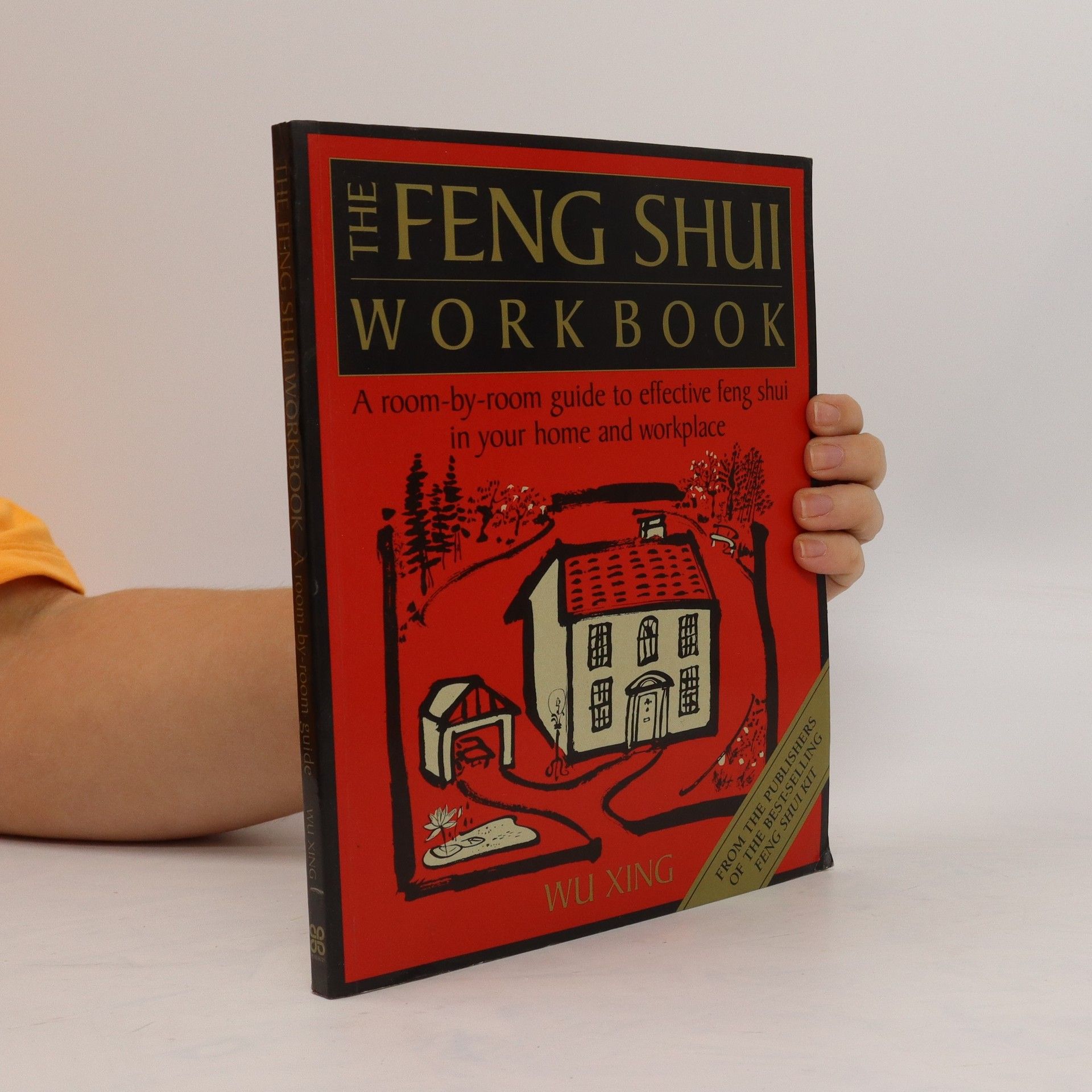

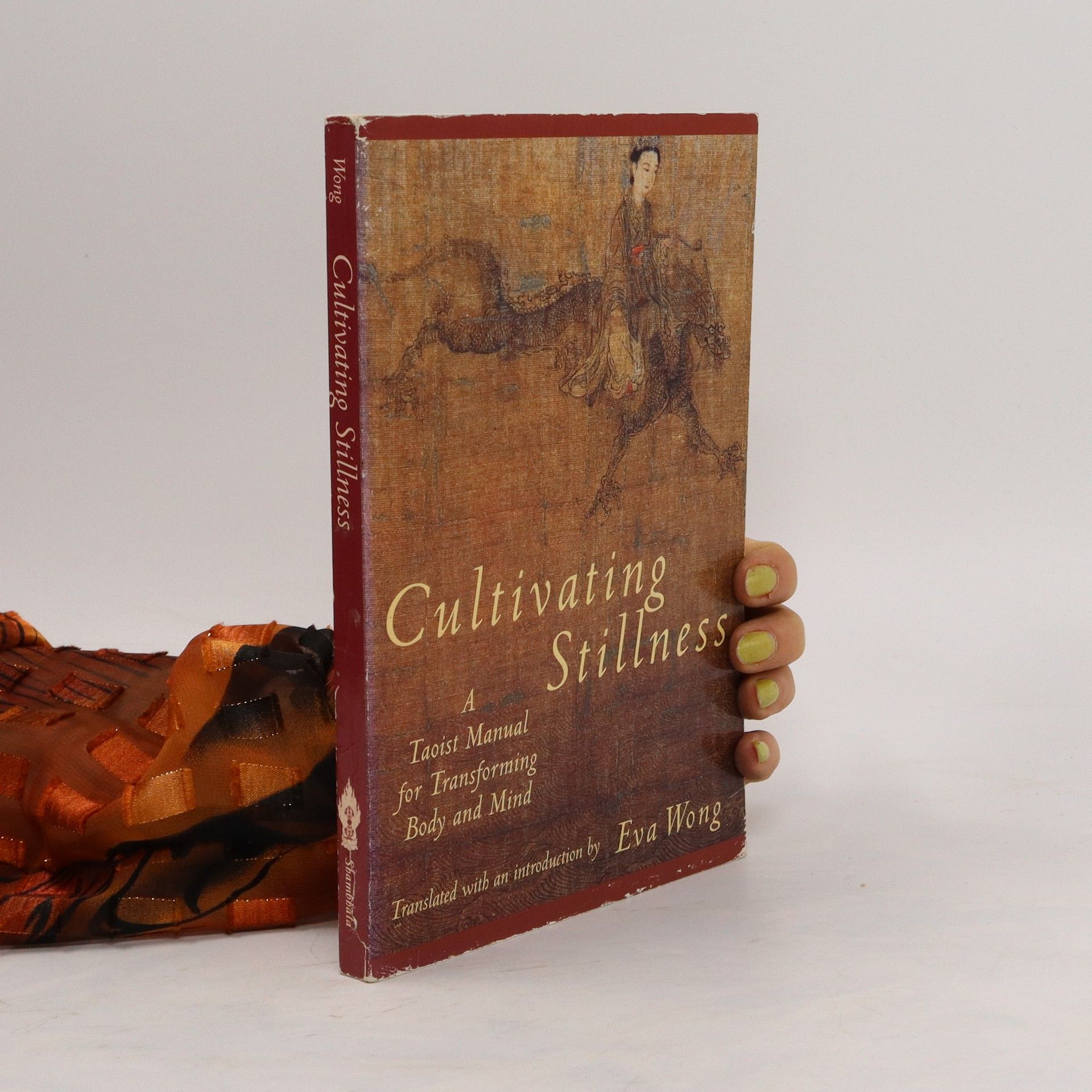
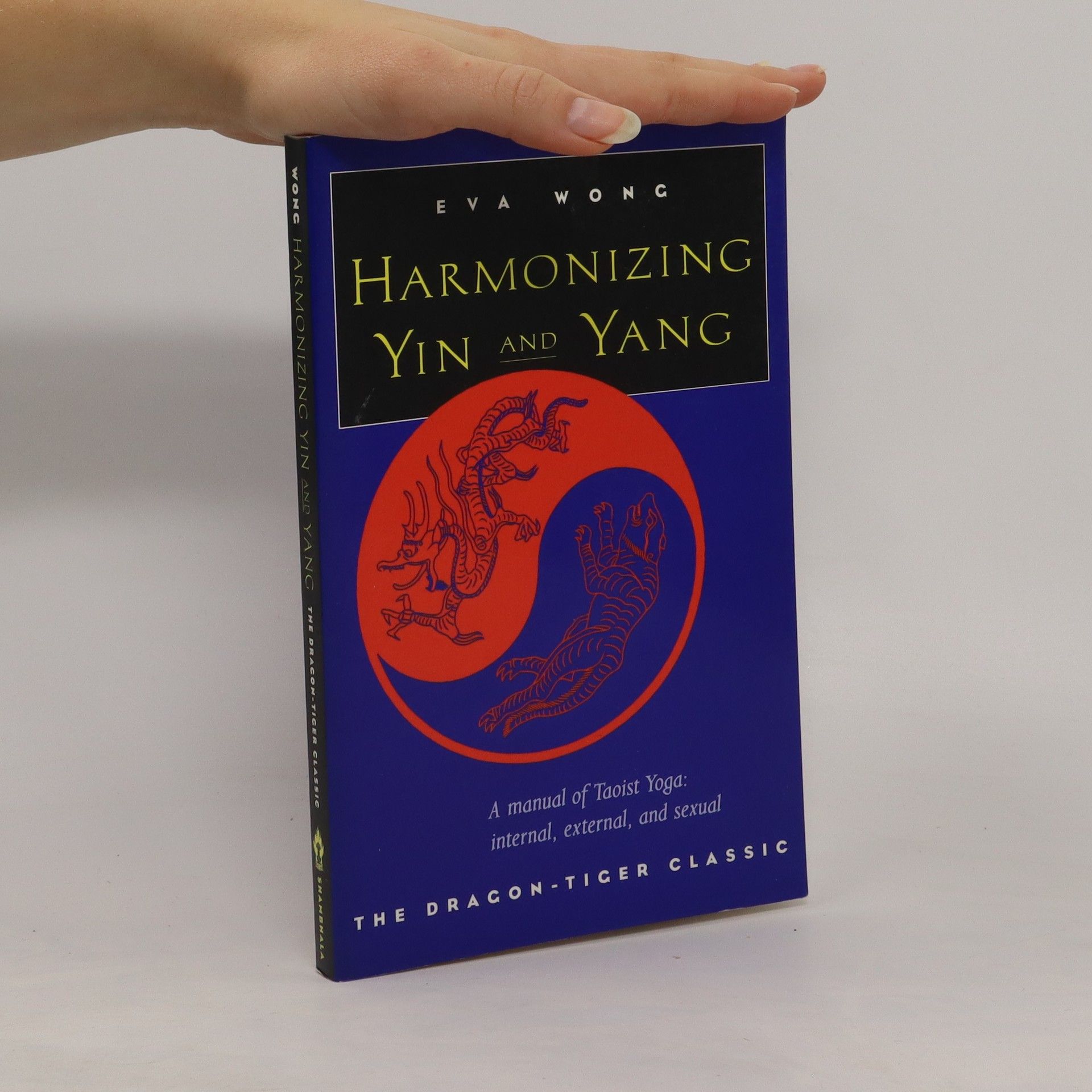

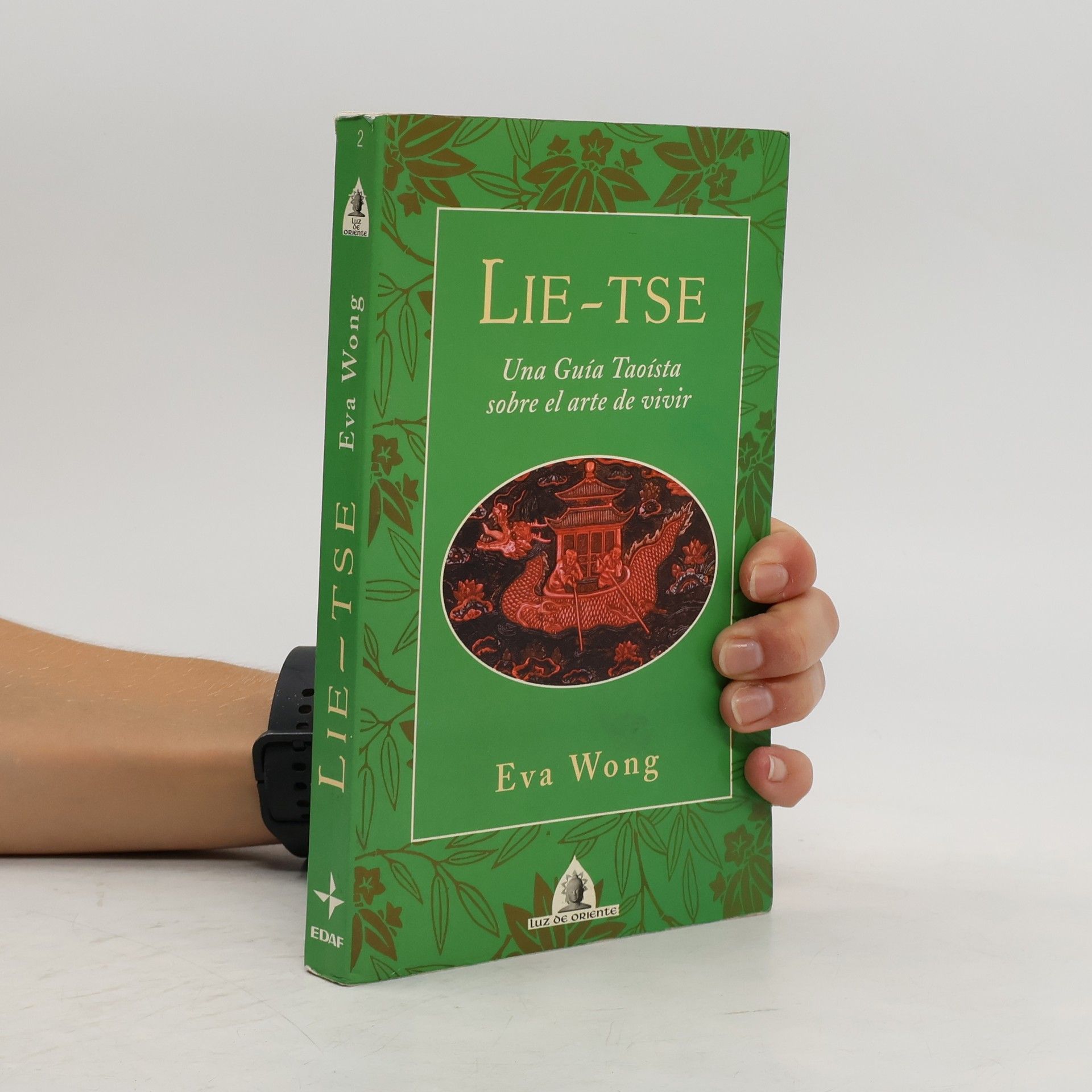
How to Win
- 240 páginas
- 9 horas de lectura
"In Chinese military philosophy and political theory, the thirty-six strategies are considered "yin" or "shadow" in nature, meaning that they operate best in darkness and concealment. Desperate times call for desperate measures, and since the thirty-six strategies rose out of times of war and conflict, it is inevitable that they were used to win wars, triumph over opponents, take advantage of situations, and survive when defeat is imminent. In How to Win, The thirty-six strategies are presented to aid any strategist strike a balance between virtue and gain."-- Provided by publisher
To age with the sun and moon and be renewed by spring and summer, to conserve the seeds of growth in autumn and winter and to be nourished by the eternal breath of the Tao—these are the goals of the Taoist alchemists, the masters of the arts of health, longevity, and immortality.This book is a translation of a concise Taoist alchemical manual known as the Dragon-Tiger Classic, along with its two most important commentaries. The classic, written in ancient times by an unknown author and published during the fifteenth century BCE, is regarded by contemporary Taoist practitioners as the most complete guide to spiritual transformation. It covers the three forms of Taoist • External alchemy, concerned with the ingestion of minerals, herbs, and other substances to attain health, longevity, and immortality • Sexual alchemy, in which the practitioner uses the energy of a sexual partner to cultivate his or her own energy • Internal alchemy, the practice of meditation, calisthenics, and yogic postures to cultivate mind and bodyAn extensive introduction by the translator and the inclusion of two commentaries by traditional Chinese authors aid the reader in understanding this concise, symbolic text.
Equanimity, good health, peace of mind, and long life are the goals of the ancient Taoist tradition known as "internal alchemy," of which Cultivating Stillness is a key text. Written between the second and fifth centuries, the book is attributed to T'ai Shang Lao-chun—the legendary figure more widely known as Lao-Tzu, author of the Tao-te Ching . The accompanying commentary, written in the nineteenth century by Shui-ch'ing Tzu, explains the alchemical symbolism of the text and the methods for cultivating internal stillness of body and mind. A principal part of the Taoist canon for many centuries, Cultivating Stillness is still the first book studied by Taoist initiates today.
Tales of the Taoist Immortals
- 178 páginas
- 7 horas de lectura
The narrative explores Eva Wong's childhood in Hong Kong, where she absorbed captivating tales from renowned storytellers, radio actors, and her grandmother. These stories, rich in the lore of Taoist immortals, were frequently brought to life through Chinese opera performances, blending tradition with personal memory. The book reflects on the cultural significance of storytelling in shaping her identity and preserving heritage.
The Feng Shui Workbook
- 128 páginas
- 5 horas de lectura
Feng shui is an ancient Chinese philosophy aimed at maximizing harmony between ourselves and our surroundings. This guide shows readers how to arrange their homes and work space to fit in most effectively with the basic feng shui principles.
A Master Course in Feng-shui
- 304 páginas
- 11 horas de lectura
This fully illustrated, comprehensive workbook is designed primarily for homeowners, renters, architects, and business owners who want to put feng-shui to practical personal use—to choose a home, build a house, select an office, or find a retail space. Real estate agents, interior designers, and architects will also find it useful as a reference manual. The text and exercises proceed in systematic fashion from basic principles to specific projects, covering the following • Evaluating the landscape and external environment by using the techniques of the Landform School • Using the geomantic compass to chart patterns of energy within a building • Planning the usage of space • Matching occupants to a house • Deciding on the placement of furniture • Improving the feng-shui of a building with countermeasures, enhancers, and renovations • Building a new house • Choosing or designing an apartment, business suite, or retail space
Nourishing the Essence of Life
- 112 páginas
- 4 horas de lectura
A Taoist adept provides a reader-friendly interpretation of the Taoist teachings on health and longevity The teachings of Taoism, China's great wisdom tradition, apply to every aspect of life, from the physical to the spiritual—and include instruction on everything from lifestyle (a life of simplicity and moderation is best) to the work of inner alchemy that is said to lead to longevity and immortality.Here, Eva Wong presents and explains three classic texts on understanding the Tao in the macrocosm of the universe and the microcosm of the body that provide an excellent overview of the three traditional levels of the Taoist teachings—Outer, Inner, and Secret. The Outer teachings are concerned with understanding the Tao as manifested in nature and society. They are easily accessible to the layperson and consist of the Taoist philosophy of nature and humanity, advice on daily living, and a brief introduction to the beginning stages of Taoist meditation. The Inner teachings familiarize the practitioner with the energetic structure of the human body and introduce methods of stilling the mind and cultivating internal energy for health and longevity. The Secret teachings describe the highest level of internal-alchemical transformations within the body and mind for attaining immortality.
The first complete, in-depth course in the traditional Chinese art of harmonious design for interiors, buildings, and sites—including instructions for making your own geomantic compass for feng-shui readings. Deeply rooted in Taoist and shamanic origins, feng-shui is not simply a list of directives for building auspicious structures or arranging interiors for good luck. It is the art of reading the patterns of the universe and living in harmony with the environment. With 200 photos and diagrams.
Being Taoist
- 193 páginas
- 7 horas de lectura
A beautifully clear and accessible explanation of how to live a Taoist life—with an overview of Taoist philosophy—by a renowned Taoist master Taoism isn’t a spiritual extracurricular activity, it’s an integral practice for living all of life to the fullest. Taoist living rests on four pillars—the public, the domestic, the private, and the spirit lives. Not only do Taoists strive to live these four aspects fully and in a balanced way, they also believe there is an outlook and an art to each of them. Here, modern Taoist adept Eva Wong is your guide to living well according to the wisdom of this ancient system. Drawing from ancient Taoist texts, she explains in simple terms the Taoist masters’ approach to the four aspects of life, asking readers to reflect on the balance of their own lives and demonstrating how that balance is the secret infusing your life with health, harmony, and deep satisfaction.
